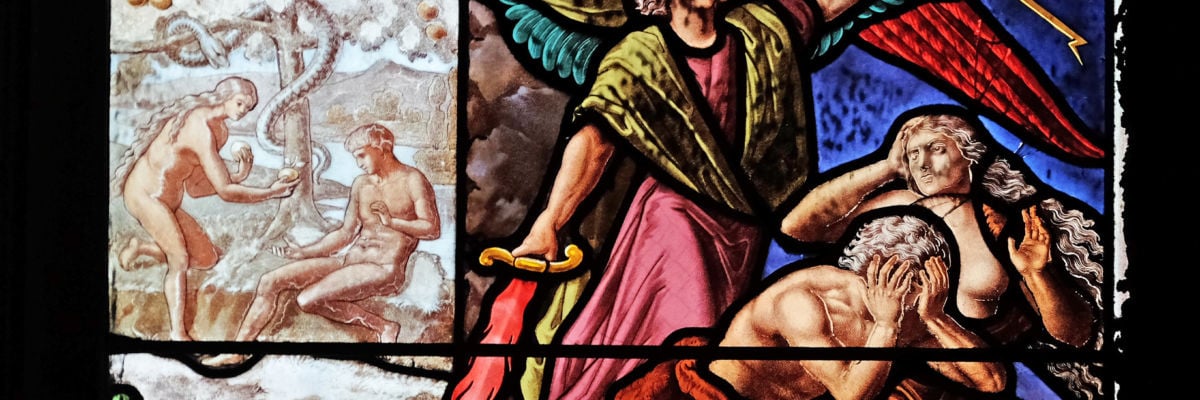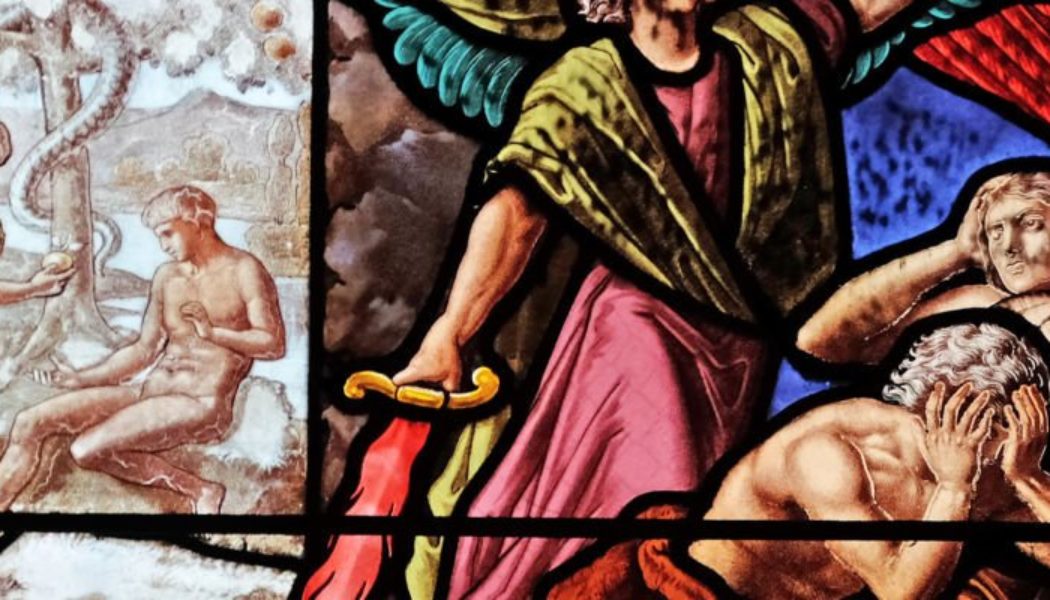
Shame is a healthy response to shameful behavior. After sinning, Adam and Eve covered themselves in shame. The fig leaf was the outward sign of their guilt. Shame prompts conversion, and the seal of confession protects our reputation following our repentance. After sufficient penance, and with God’s grace, the penitent hopes to be free of the memory of the sin, with God promising that he “blots out your transgressions . . . and will not remember your sins” (Isa. 43:25). Neglecting the value of shame—as illustrated by the accounts of Sodom and Gomorrah—leads to widespread shamelessness.
The Church’s traditional moral theology recognizes natural secrets deriving from the natural moral law. Traditional theology manuals teach, for example, that revealing a secret mortal sin damages a reputation. Of course, the right to maintain natural secrets is not absolute: circumstances may require the revelation of certain secrets according to the demands of justice. But without sufficient justification, revealing a secret mortal sin can itself be a mortal sin.
The seal of confession is of a different order because the priest represents God himself. The seal enshrines natural secrets to the highest level of non-disclosure. “The sacramental seal is inviolable; therefore it is absolutely forbidden for a confessor to betray in any way a penitent in words or in any manner and for any reason” (can. 983 §1). The seal of confession is firmly rooted in Catholic tradition, practice, and doctrine: “Let the priest absolutely beware that he does not by word or sign or by any manner whatever in any way betray the sinner” (Fourth Lateran Council, 1215). Confessionals that enhance anonymity are a praiseworthy part of the ensemble of strict confidentiality. The priest may also require various forms of reparation (including restitution or surrendering to lawful authorities) as a condition for forgiveness.
Not every jurisdiction protects a priest and the seal of confession. A priest may expose himself to prosecution by hearing the confession of a criminal in prison. Indeed, some priests endured martyrdom rather than violate the seal. Blessed John Sarkander (d. March 17, 1620) suffered the wrath of an aggrieved and powerful landlord because he refused to reveal the names and confessions of his penitents. His torture lasted for several hours, with feathers soaked in oil, pitch, and sulfur plastered over his body and ignited.
In recent months, there have been several astonishing dissident doctrinal proposals by prominent bishops exhibiting (and helping us understand) the shamelessness of Sodom. The chairman of the German Catholic Bishops’ Conference justifies same-sex relationships. He said the practice is “okay if it’s done in fidelity and responsibility” because “it doesn’t affect the relationship with God.” The cardinal-archbishop of Luxembourg, a Jesuit who leads the pan-European Catholic bishops conference, agrees: “I believe that the sociological-scientific foundation” for the teaching that homosexuality is disordered “is no longer correct.” Another German cardinal-archbishop also downplayed Church teaching on the immorality of homosexual acts and called for the blessing of same-sex unions.
These senior churchmen have provided us with an unexpected service. They are shamelessly disrespecting the firm certainties of our faith for all to see. It is not prudent or safe to trust them. And so they—and any other like-minded priests—are also dangerously unreliable in the sacrament of penance (especially with troubled adolescents). We cannot rely on them to offer reliable moral advice. Nor should we expect them to honor the seal. What prevents them from applying the same reckless arguments to undermine another ancient certitude?
So far, the Vatican has not equivocated regarding the seal of confession. In 2020, the state of Queensland (Australia) passed a law requiring priests to break the seal of confession and report child abuse or face three years in jail. But in a note published by the Vatican in mid-2019, the Apostolic Penitentiary affirmed the absolute secrecy of everything said in confession. The officials called on priests to defend it at all costs, even with their lives. “The priest, in fact, comes to know of the sins of the penitent ‘non ut homo sed ut Deus’—not as a man, but as God—to the point that he simply ‘does not know’ what was said in the confessional because he did not listen as a man, but precisely in the name of God,” the Vatican document said. So the teaching holds . . . for now, one presumes, or, using the faulty logic of many senior Church prelates, until the Church accepts “sociological-scientific” arguments proposed to the contrary.
Some (but way too few) high-ranking Church officials are pushing back. In March, Cardinal George Pell asked the Vatican’s doctrinal congregation to “intervene and pronounce judgment” on the German bishops’ shameless assertions undermining marriage and the family. “Christ welcomed and mixed with sinners, but he called us to repentance,” Pell said. “So a Mass for special groups can be a good thing, provided Christ’s teaching is presented regularly, the need for repentance is preached, and the sacrament of penance, reconciliation regularly available”—with orthodox moral teaching protected by the seal of confession!
The Church and the seal of confession are the guardians of our shame and human dignity, but neither protects shamelessness. Shameless corruption among the guardians of our shame has always been a risk. But nobody can escape the Day of Judgment, and there is no shame in seeking doctrinally “rigid” priests who jealously guard the seal of confession.
“Go and sin no more.”
Join Our Telegram Group : Salvation & Prosperity









